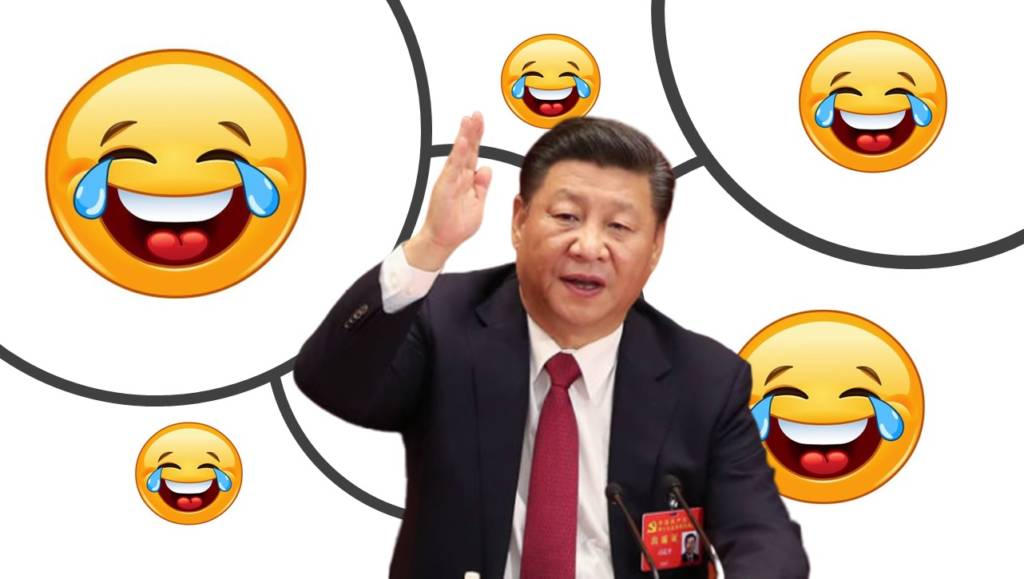China is a closed country and so is the Chinese social media hence Chinese officials are not used to vicious trolling on social media platforms like Twitter, Facebook, unlike their counterparts of the free world. Criticism of public officials and leaders can land one to jail in China.
Social media sites like Twitter and Facebook are banned in Mainland China except for the territories of Hong Kong, Macau, and Taiwan. However, the government has allowed the public officials, especially those responsible for delivering China’s message to world, like foreign ministry officials are free to use social media sites, with the aim to increase China’s influence in the world. However the social media users were almost as unkind to the Chinese government officials as China is to, the social media.
In the last few months, a plethora of Chinese officials including the Ambassador to United States, Ambassador to United Kingdom, and the foreign ministry spokesperson joined the micro blogging platform- Twitter. The followers to these official handles have grown exponentially, only to troll them endlessly.
https://twitter.com/hiro_hamakawa/status/1228960872820703232
Social Media is a new phenomenon for the Chinese officials as well and the learning curve is hilariously steep. The Chinese foreign ministry spokesperson Hua Chunying, who has more than 62,000 followers, liked a Tweet calling for resignation of President Xi Jinping.
Last year, the former US National security advisor Susan Rice called Chinese diplomat Zhao Lijian ‘a racist disgrace’ after a Twitter fight. Chinese officials are obviously not habitual to the do’s and don’ts of Twitter and therefore, whenever they make a mistake, trolls have a field day. On their home grown version of Twitter, Weibo, the Chinese officials can manipulate the comments and replies, but on Twitter they can’t and therefore, the effort to popularize Chinese narrative is actually backfiring.
A few days ago, China forced few journalists from Wall Street Journal for writing an article which argued that the number of deaths from Coronavirus are greater than what the state media reports.
In the times of crisis, the Communist Party of China is acting vindictively and muzzling dissent. The novel Coronavirus has exposed the chinks in the Chinese armour and its reputation is at stake, but China is becoming more and more vindictive in its bid to quell information. The mysterious disappearance of two Citizen Journalists, Chen Quishi and Fang Bin has created a massive stir. Their only crime was that they unmasked the true face of the Chinese government as they exposed the government’s inability to tackle the virus at its epicentre in Wuhan.
The Chinese government has a history of curbing dissent especially in the times of crises, case in point being the SARS outbreak in 2003, Wenchuan earthquake in 2008, Wenzhou train crash in 2011 and Tianjin chemical explosion in 2015. The Chinese government refuses to learn from their experiences and continues to ignore the fact that freedom of information, transparency and the respect for human rights facilitate disease control.
China is a big black box for the global media and community. To propagate Chinese version of events, the officials joined twitter. But given their absolute lack of experience on social media, the officials, who are not habitual of facing dissent, are being trolled left right and center by twitter users. For decades, China has put complete ban on International media as well as social media. In later days, the country opened up to heavily scrutinized newspapers but social media is still protected by The Great Chinese Firewall.
People have been questioning the Chinese government’s decision to allow the officials to use Twitter while the commoners can only use Sina Weibo. In the last few months, many users expressed dissent on Weibo about the Chinese government’s decision to allow the officials to use Twitter.
